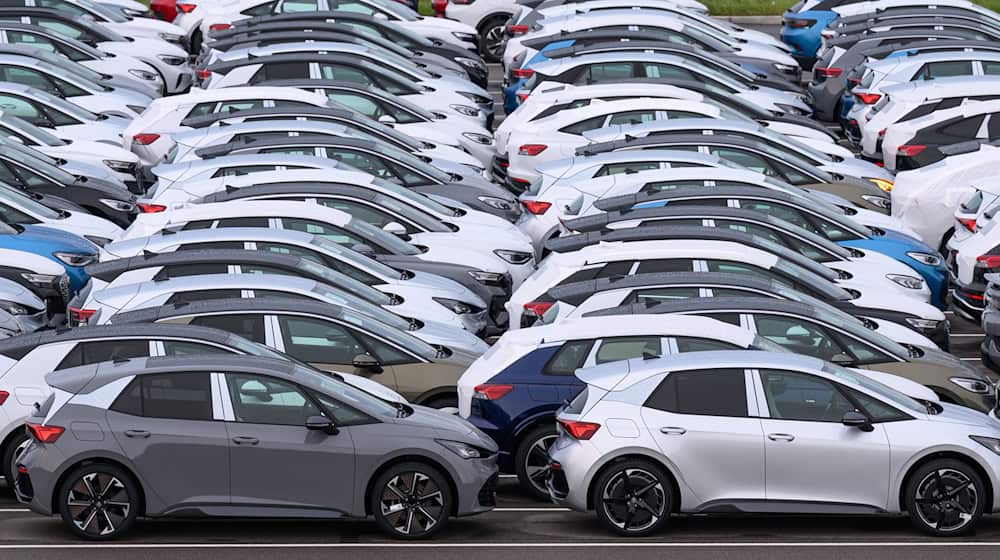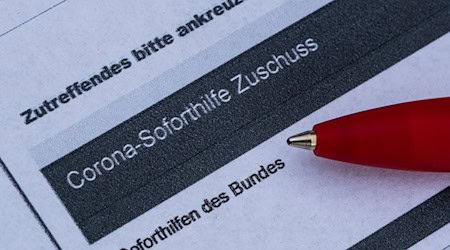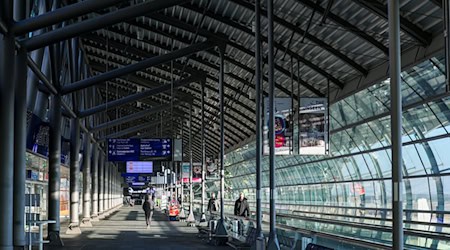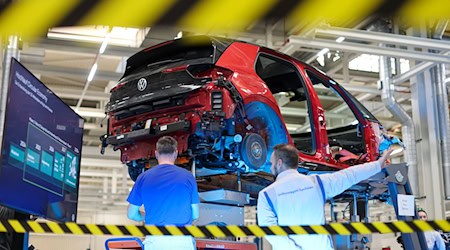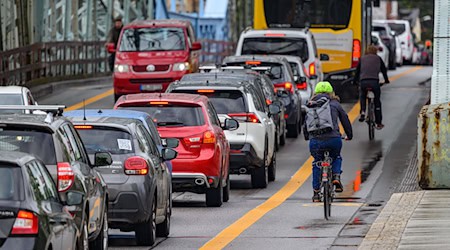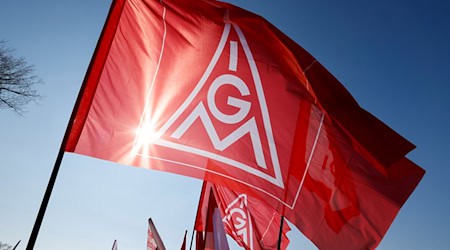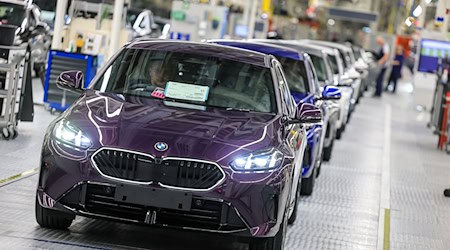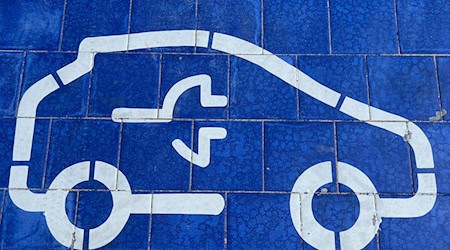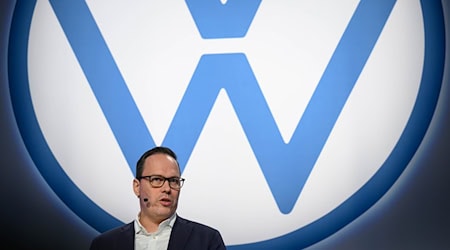Saxony's Economics Minister Dirk Panter has spoken out in favor of the planned EU-wide phase-out of combustion engines. The specific phase-out date could be discussed, "but we must not allow any doubt about the fundamental decision," said the SPD politician at the start of the IG Metall automotive conference in Chemnitz.
Panter also emphasized that the switch to climate-neutral mobility must be "consistent but realistic". Saxony has come a long way in the transition. Nevertheless, we must remain open to technology. We should remain pragmatic in the debate about phasing out combustion engines. "Because we must not end up being dependent on Chinese manufacturers," he said. Neither people's nor companies' trust should be put at risk; employees and companies need predictability.
Investment in e-mobility hugely important for Saxony
At the same time, Panter emphasized: "We don't want to go backwards. Investments in electromobility and infrastructure - such as in Zwickau - must not be devalued." It is about creating realistic and achievable framework conditions that allow the domestic automotive industry to continue building cars and investing further.
The minister also cited competitive energy prices, faster grid expansion and the expansion of the charging infrastructure as important. This is the only way to meet the increasing demand for electricity and improve the suitability of electric cars for everyday use.
A look across the border could help
In his words, structural change requires "impetus that leads to a diversification of products among supplier companies". On the demand side, so-called social leasing could make e-cars affordable for more people. Attractive leasing offers could help to overcome reservations and demonstrate the suitability of e-mobility for everyday use, something that has already proven successful in France, said Panter.
According to the Ministry of Economic Affairs, 780 companies with around 100,000 employees are active in the automotive industry in Saxony. 40 percent of all fully electric cars produced in Germany come from the Free State.
The EU stipulates that from 2035, only new cars that do not produce any CO2 emissions may be registered. Classic petrol and diesel vehicles would then no longer be available. However, cars that are already registered can continue to be used and sold as used cars. From this point onwards, only emission-free vehicles or those powered by climate-neutral fuels such as e-fuels will be allowed to be registered.
Conference for the work of tomorrow
The IG Metall trade union hosted a conference at the Hotel Chemnitzer Hof on Tuesday. Under the motto "For safe work in the automotive industry", trade unionists wanted to discuss the future course of the East German automotive industry with works councils, scientists and politicians.
Copyright 2025, dpa (www.dpa.de). All rights reserved

